Carbon Footprint – Petronas Chemicals Group to Build Asia’s Largest Advanced Chemical Recycling Plant in Malaysia 11-10-2023
Carbon Footprint
Crude Oil Prices Trend
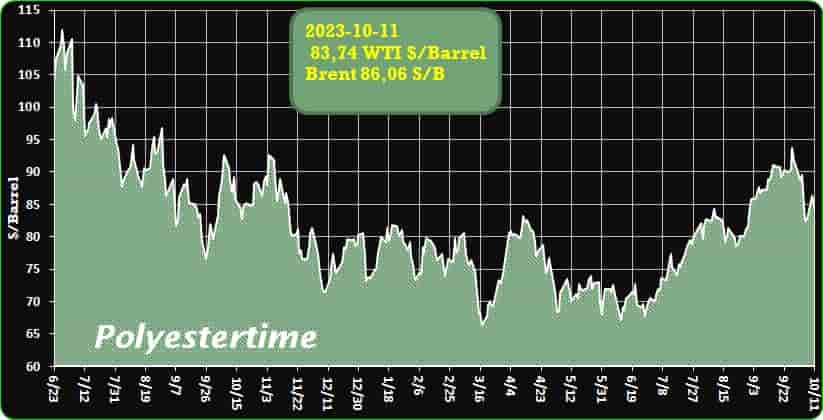
Crude Oil Prices Trend by Polyestertime
Petronas Chemicals Group to Build Asia’s Largest Advanced Chemical Recycling Plant in Malaysia
Plant would have a capacity of 33 kilotons, with a target start-up date of mid-2026.
Petronas Chemicals Group Berhad (PCG) said Oct. 9 it plans to build Asia’s largest advanced chemical recycling plant in Malaysia with operations scheduled to begin in the first half of 2026.
The plant would have a capacity of 33 kilotons per year, the company said.
PCG, a division of Malaysia’s state-run oil giant Petronas, will convert end-of-life plastics into pyrolysis oil.
The company’s final investment decision includes the signing of a technology license agreement between PCG and Plastic Energy Limited and an engineering, procurement and construction agreement with Mutiara Etnik Sdn. Bhd. Carbon Footprint
Plastic Energy will provide the chemical recycling technology for the plant through its TAC process, which heats mixed post-consumer plastic waste in the absence of oxygen. This process then produces hydrocarbon vapors that are condensed into pyrolysis oil, which can be used as a substitute for hydrocarbon feedstock in the production of food-grade recycled plastics.
The plant will help PCG meet its sustainability goals while contributing to the circular supply chain, said PCG CEO Mohd Yusri Mohamed Yusof.
“Through the advanced chemical recycling plant, we envision driving innovation across the plastics value chain while creating opportunities for all parties, from waste collectors to manufacturers, to jointly contribute to the circular plastics economy,” he said in a prepared statement. Carbon Footprint
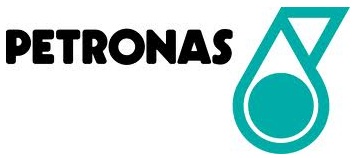
Berlin Packaging on the sustainable strengths of hybrid packaging
Packaging Gateway sits down with Berlin Packaging EMEA CMO Dario Bassetti to discuss sustainable hybrid packaging.
US-headquartered Berlin Packaging is well-known in the industry for its regular acquisitions, which have recently included Coropoulis Packaging and StyleGlass.
But the company is also aiming to make strides on its ESG goals as reportedly the “world’s largest hybrid packaging supplier”. Carbon Footprint
Following a roundtable presented at Luxe Pack Monaco, Packaging Gateway spoke to company representatives for the EMEA region and chief marketing officer Dario Bassetti about Berlin Packaging’s “strategic pillar” of sustainable materials.
Bassetti explained that “Packaging plays a crucial role. We are aware that only through dialogue with our stakeholders, customers and suppliers, can we overcome the current challenges together.
“This involves consumers increasingly demanding sustainability, but they are not always ready to pay the price.”
Berlin Packaging’s business model aims to provide maximum freedom in the use of materials and processes that can be optimised, focusing on three main areas: circularity, optimisation, and reuse. These are integrated into the services and drive innovations and business proposals. Carbon Footprint
The company’s 2022 Sustainability Report stated that it enabled its customers to eliminate over 2,000 metric tons of greenhouse gas emissions and conducted 120 Life-Cycle Assessments.
However, Bassetti highlighted the European Union’s regulations, which “are becoming more and more complicated”, including the Packaging and Packaging Waste Regulation (PPWR) and Corporate Sustainability Reporting Directive.
The strengths of hybrid packaging
Berlin Packaging’s stands at Luxe Pack Monaco featured recyclable and refillable products for the spirits and beauty markets. Carbon Footprint

Dow launches recycled, bio-grades for perfume and cosmetic packaging
Chemicals company Dow has launched two new ionomers grades using renewable and circular feedstocks for perfume and cosmetic packaging applications, said Sustainableplastics.
The Surlyn Ren grade is produced from bio-waste such as used cooling oil, while Surlyn Cir grade contains chemically recycled plastic waste. Both grades are ISCC Plus certified according to the mass balance scheme. Dow claims the recycled and bio grades continue to deliver the properties that give the unique look, feel, and performance that the Surlyn line, based on fossil feedstocks, is known for. Carbon Footprint
LVMH Beauty, a division of luxury conglomerate LVMH, will be the first user of the new grades following the brand’s announced collaboration with Dow earlier this year. Dow has started to supply the new sustainable Surlyn ionomer grades, which will be integrated into several of the multinational’s applications.
“Surlyn Ren and Surlyn Cir are a major step forward in creating sustainable packaging for the cosmetic industry,” said Daniella Souza Miranda, global business director for Circular & Renewable Solutions at Dow. “These products will not only support LVMH towards their sustainability goals but will also contribute to Dow’s bold ambition to transform waste and deliver 3 million metric tons per year of circular and renewable solutions by 2030,” she added. Carbon Footprint
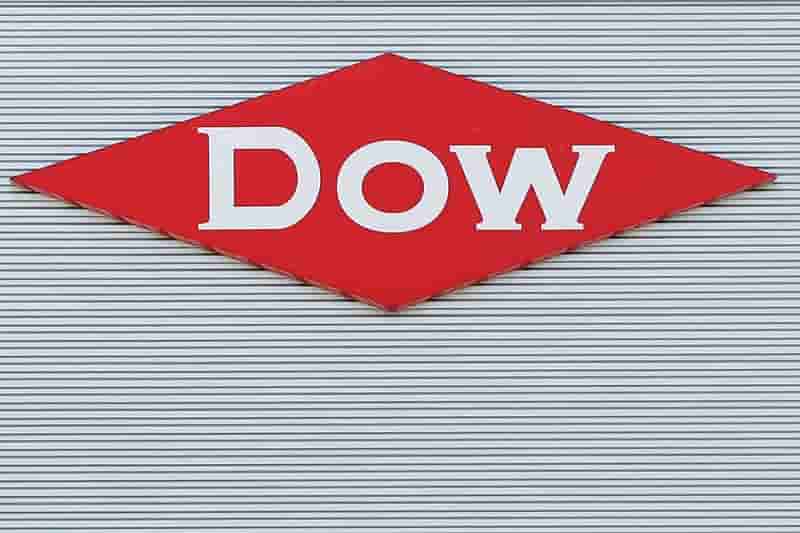
INVISTA halting production in Orange, impacting more than 200 employees
A representative of the INVISTA plant in Orange County confirms to KFDM/Fox 4 News it’s discontinuing production at its site in mid 2024, eliminating about 240 of the site’s 300 jobs by the end of that year.
Invista produces chemicals used in nylon products.
The company says it’s making the difficult decision due to lower than expected growth and an increase in the global supply. Carbon Footprint
STATEMENT FROM INVISTA:
INVISTA today announced the decision to discontinue production at its site in Orange, Texas.
“We appreciate the diligent and innovative work of employees at the Orange site over the years,” said Francis Murphy, INVISTA president and CEO. “Unfortunately, lower than anticipated growth and an increase in global supply led to this difficult decision.”
The site will begin the safe shutdown of the adiponitrile (ADN) production unit right away and expects to cease production of hexamethylene diamine (HMD) in mid-2024.
About 240 of the site’s 300 roles will be eliminated by the end of 2024. All impacted employees will be eligible for severance benefits. Throughout this transition, the company is committed to treating every employee with dignity and respect.
INVISTA’s top priority now and always is the safety of employees, contractors and the surrounding community. Carbon Footprint

ARKEMA Continues to Lower the Carbon Footprint of the Global Production of Its Bio-Based Polyamide 11 Chain
The Group further decreased by 46% the carbon footprint of its bio-based Rilsan® polyamide 11 grades reaching less than 2 kg CO2e/kg (1), by using renewable or low carbon energy sources and by making several energy efficiency improvements in its production sites. It represents an improvement of around 70% relative to traditional polyamide resins using fossil-based raw materials and conventional energy sources. Carbon Footprint
Derived entirely from renewable castor seeds, Rilsan® polyamide 11 is 100% segregated bio-based. Furthermore, the amino 11 monomer and the downstream polymers are produced using a significant proportion of low carbon and renewable energy – both in terms of electricity and combustible fuels. Arkema thus recently announced a biomethane supply agreement with ENGIE in France, and carried out several energy efficiency improvements in its polyamide 11 chain production sites over the last year.
“This is an important step for our customers and the markets we serve,” said Erwoan Pezron, Senior Vice President, Arkema’s High Performance Polymers. “The lower carbon footprint we announce today applies to our entire global production, not just a particular set of grades or a certain location. This allows our customers to deliver on their commitment to decarbonize and to develop more sustainable products at scale. Furthermore, we have a strong action plan in place to further decarbonize this range, with a 2030 target to reduce the carbon footprint by a further 50%. Our objective is to continue to offer our customers high-performance materials with one of the lowest carbon footprints in the market.” Carbon Footprint
This represents a strong step forward in Arkema’s drive to ever-lower carbon footprint and lower climate change impact through a combination of sustainable raw materials, energy sources, and manufacturing processes.
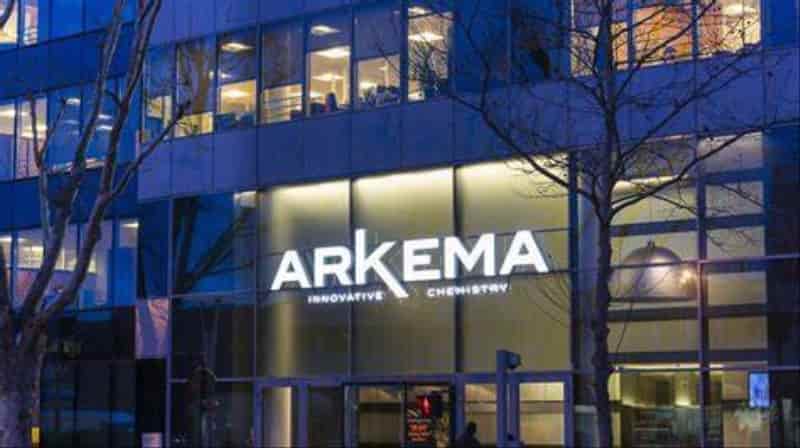
Alpla, Tönissteiner launch reusable bottle made from 100% rPE
The bottles are produced from 100% post-consumer recycled material, provided by Alplarecycling, with the exception of the closure and the label).
‘The packaging of the future is sustainable, light and safe,” said Georg Pescher, managing director of Alpla Germany. Alpla already delivers in this respect, he added, ‘with a circular economy based on the bottle-to-bottle principle, weight optimisation and systematic design for recycling’.
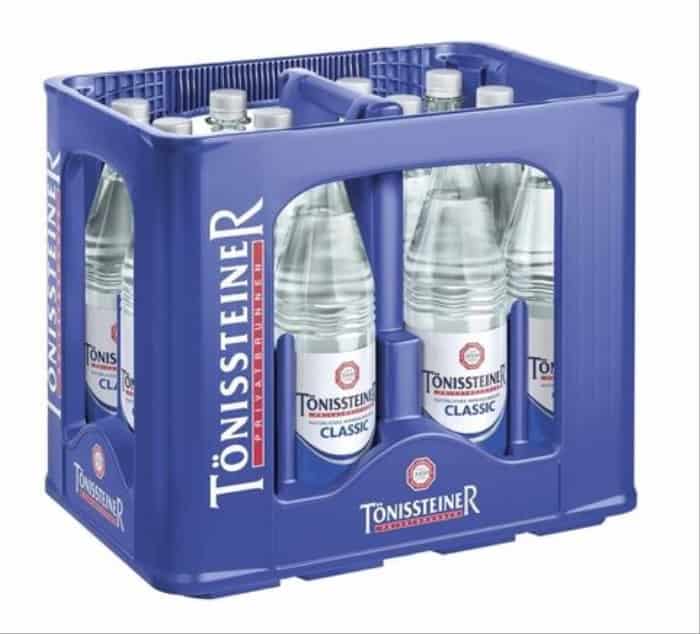
Here is the laser that halves battery production times
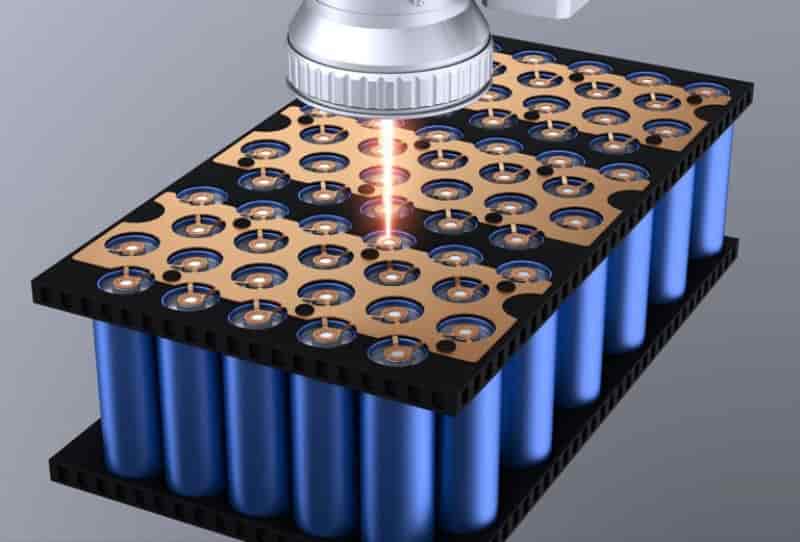
Plastic Pollution – EU launches trade attack against China in a war it can’t win 10-10-2023
Carbon Footprint
